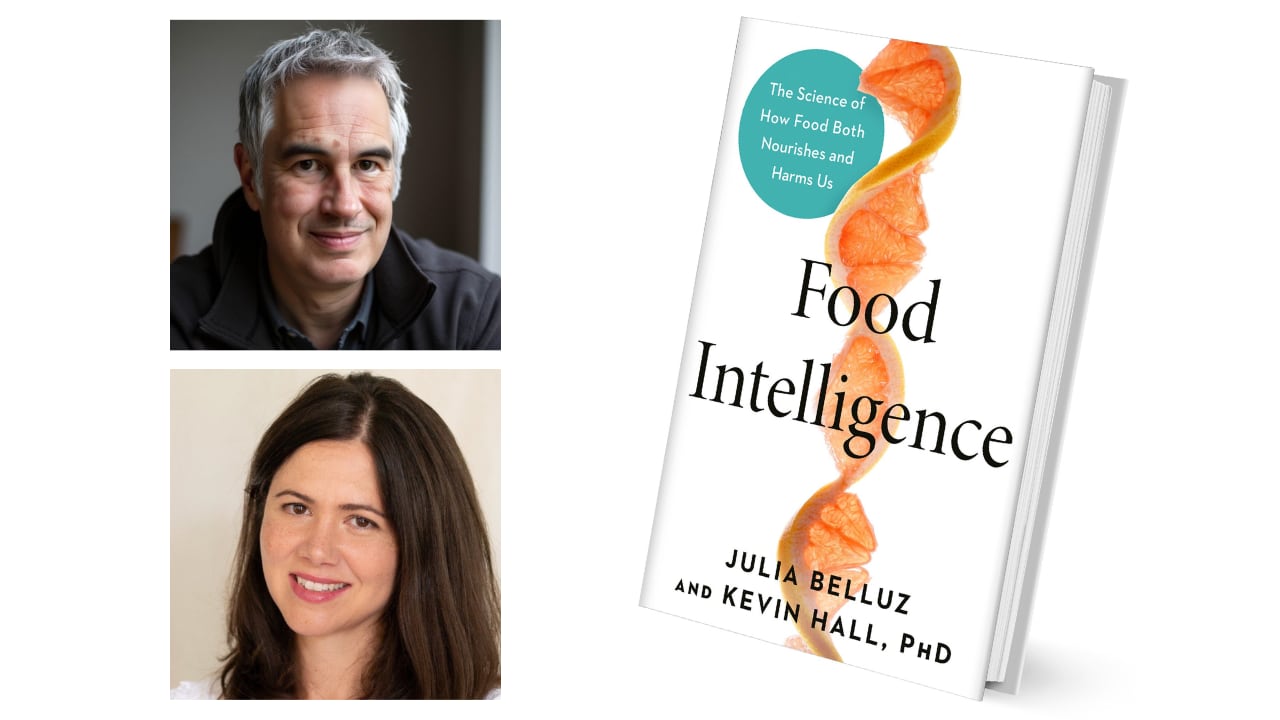Sugar is no longer the gold standard for sweetness, with many consumers preferring the taste of natural alternatives and sweetener combinations, according to insights gathered by Ingredion.
However, the ingredient supplier warns, consumer misunderstandings about plant-based sweeteners, including stevia, and rare but natural sugars, like allulose – both of which are in its portfolio – could hold back acceptance of products featuring these lower calorie options.
This in turn could hinder CPG brands’ ability to reformulate products with low or no sugar in response to mounting political pressure from proponents of the Make America Healthy Again initiative, including HHS Secretary Robert F Kennedy, Jr. who famously called sugar “poison” and said it was as addictive as crack cocaine, despite contradictory scientific research.
Brands also face regulatory pressure as FDA considers front-of-pack labeling featuring nutrients of concern, including sugar, and financial pressure from sugar taxes on various products in different regions.
“People are taking a keen eye at what we need to do to be healthier, not only in the US, but around the world. And sugar reduction has been linked to weight management, mental wellness and ultimately disease prevention,” said Mike DiMarcello, director of global category marketing for texture and healthful solutions at Ingredion.
He explained that to help brands meet evolving sugar reduction demands, Ingredion has “spent an inordinate amount of time being better at the discovery process, using some tools to better understand our customers’ unmet needs and then really attacking those unmet needs with the right solution in the right market for the right customers,” he said.
This includes a recently global consumer sweetness preference study in the US, UK, Brazil, India and Mexico, which DiMarcello said shows a significant shift in how consumers perceive sweetness.
“Sugar is not necessarily the benchmark any longer for sweetness,” he said.
Rather, “consumers have become accustomed to both artificial and plant-based, non-caloric sweeteners and leaning more towards plant-based sweeteners, like stevia,” according to the survey results.
Specifically, the survey tested regular and diet flavored waters with single and complex plant-based sweeteners against sugar and artificial sweeteners and found formulations that used Ingredion’s Purecircle Clean Taste solutions to halve sugar “performed better than 100% sugar formulations in most markets.”
In addition, it found “complex sweeteners performed better than single sweeteners.”
It also found Ingredion’s 100% reduced-sugar formulations achieved taste parity versus full sugar products in most markets.
This suggests “the paradigm has shifted” and consumers now prefer complex versus simple sweeteners.
Sweetness preferences vary by region
The ideal level of sweetness and combination of ingredients vary across categories and regions, added DiMarcello.
For example, ingredient combinations that create fruity, juicy or balanced sweet notes are more enticing to consumers in the US, UK and Brazil, respectively, according to the study.
On the flip side, sweeteners with a lingering, astringent or strong artificial taste are negative drivers in Brazil, India and the US, respectively, the study revealed.
Misunderstanding about sweetener safety & clean-label status influences purchases
While consumers are uncompromising in their assessment of taste, their perceptions of whether an ingredient is natural or artificial also colors their purchase decisions with many steering clear of or limiting consumption of ingredients they believe are artificial.
However, this label is not always accurately applied, DiMarcello warned.
“There is some misunderstanding sometimes around ingredients like stevia, monk fruit or allulose, which are natural and plant-based sweeteners, but typically get confused over artificial sweeteners,” he said.
Research by the International Food Information Council confirmed the extent of consumer confusion around sweeteners and how it influences their food and beverage choices.
For example, a spotlight survey conducted by IFIC last November found more than half of consumers agree low- and no-calorie sweeteners can benefit the health of some people. But, the survey also revealed consumers report they are less likely to consume stevia and monk fruit than honey, brown sugar and high-fructose corn syrup.
The same survey found about 17% of respondents reported decreasing or discontinuing consumption of low- and no-calorie sweeteners, with about a third saying they did so because they heard they were unsafe to consume.
DiMarcello said Ingredion is actively educating customers about the natural, clean-label status of stevia, allulose and other options in its portfolio.
“We are very much engaged with our customers on educating them about these types of things, but also really have quite a spectrum of sweeteners to offer our customers – particularly in snacking where” people want “mindful indulgence.”




